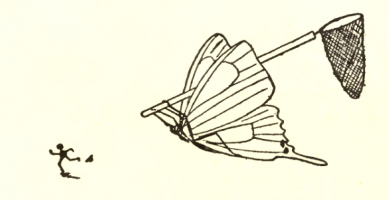
Last week, we reported on a case at the University of Leiden in which the institution found that a former psychology researcher there had committed research misconduct. In the anonymized report — which we were able to confirm regarded Lorenza Colzato, who is listed as a faculty member at Ruhr University in Bochum and at TU Dresden — the university found a lack of ethics approval for some studies and fabricating results in some grant applications. We asked the three whistleblowers in the case — Bryant Jongkees, Roberta Sellaro, and Laura Steenbergen — to reflect on their experiences. (We should note that they did not confirm it was Colzato named in the report.)
Retraction Watch (RW): What prompted you to come forward?
Continue reading ‘A long and lonely process:’ Whistleblowers in a misconduct case speak out



 The authors of a 2018 paper on how noisy distractions disrupt memory are retracting the article after finding a flaw in their study.
The authors of a 2018 paper on how noisy distractions disrupt memory are retracting the article after finding a flaw in their study.  Even when a paper is obviously flawed, it
Even when a paper is obviously flawed, it 
